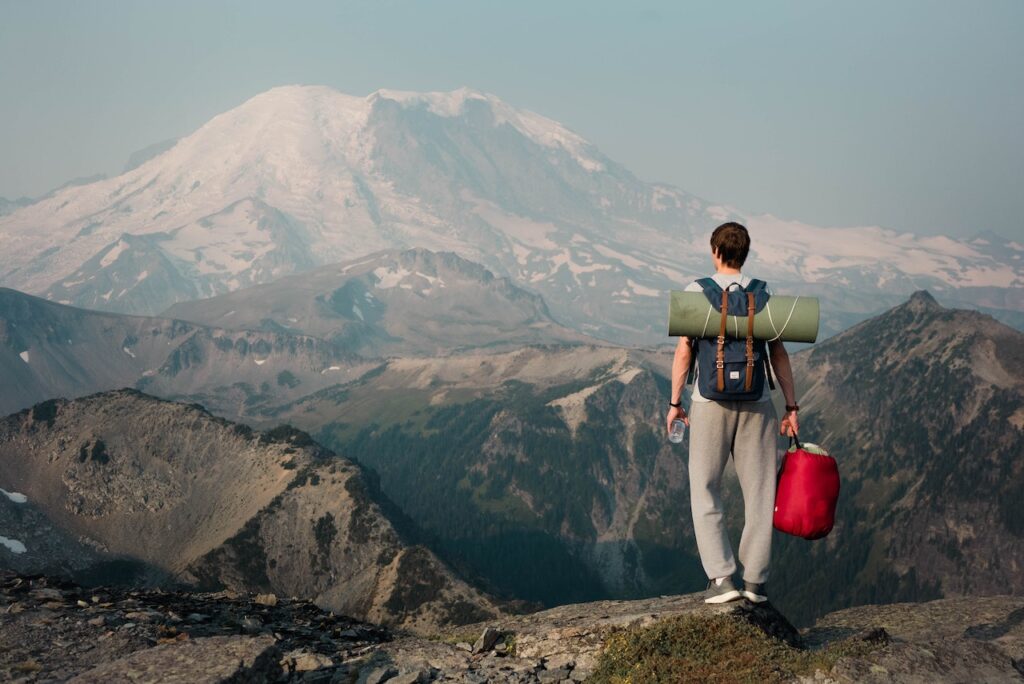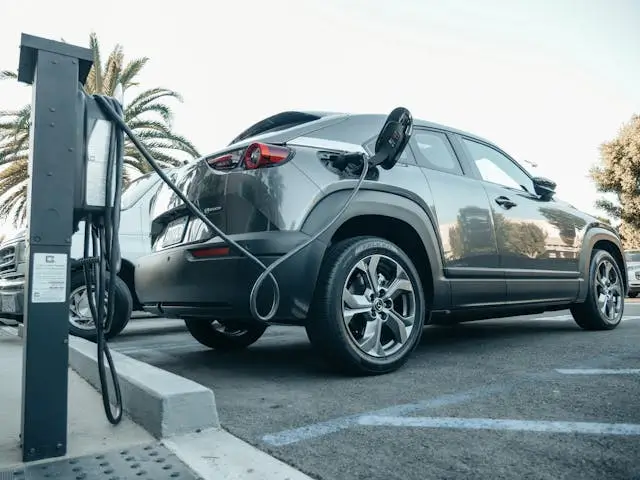
Embarking on a day hike is a thrilling outdoor adventure, providing an opportunity to connect with nature and explore scenic landscapes. However, ensuring a safe and enjoyable hiking experience hinges on careful preparation. In this guide, we’ll explore the ten essential items you should pack for a day hike, from the basics like a sturdy backpack and water to more specialized gear like maps and first aid kits. These items will not only enhance your comfort and convenience on the trail but also play a crucial role in keeping you safe and prepared for any surprises that nature might have in store. So, whether you’re a seasoned hiker or new to the trails, let’s dive into the must-have gear to make your day hikes a memorable and successful journey.
Backpack:
A well-chosen backpack is the cornerstone of a successful day hike. Look for one with padded shoulder straps and multiple compartments to help distribute weight evenly and keep your gear organized. The right backpack should fit comfortably and snugly, allowing you to carry your essentials without strain, so you can focus on the trail ahead.
Water:
Staying hydrated is paramount on any hike, even if it’s just for a day. Dehydration can sap your energy and affect your overall well-being. Pack an adequate amount of water, typically at least one liter, and consider a reusable water bottle or a hydration reservoir like a CamelBak, which allows for easy sipping without having to stop and unpack your water supply.
Trail Snacks:
When hiking, your body burns calories and expends energy, so having easily accessible snacks can be a game-changer. Trail mix, granola bars, dried fruits, and nuts provide quick and convenient energy boosts to keep you going. These compact, lightweight snacks can help you maintain your stamina throughout the hike, especially when you need a quick pick-me-up.
Map and Compass/GPS:
Even if you’re on a well-marked trail, a map and a compass or GPS device are crucial for navigation and safety. These tools help you stay on track and ensure you don’t get lost in unfamiliar terrain. Knowing your location and the trail’s layout can be a lifesaver if you encounter unexpected obstacles or changes in the landscape.
First Aid Kit:
Accidents can happen, even on day hikes. A basic first aid kit is your safety net in case of injuries or ailments. It should include essentials like bandages, antiseptic wipes, pain relievers, blister treatment, and any personal medications you might need. Carrying a first aid kit not only allows you to tend to minor injuries but can also help you assist others in case of an emergency.
Sun Protection:
Protecting your skin from the sun is vital during a day hike. Sunscreen with a high SPF, sunglasses, and a wide-brimmed hat are your first line of defense. Apply sunscreen to exposed skin, including your face, neck, and hands, to prevent sunburn and skin damage. Sunglasses not only shield your eyes from harmful UV rays but also improve visibility. A wide-brimmed hat offers additional protection, keeping the sun off your face and providing relief from its intense heat, especially in open areas.
Weather-Appropriate Clothing:
Weather can change rapidly during a day hike, so dressing in layers is key. Choose moisture-wicking clothing that helps keep you dry and comfortable. Start with a moisture-wicking base layer to manage sweat, add an insulating layer for warmth, and top it off with a waterproof and windproof jacket to shield against rain and chilly winds. This layering system allows you to adapt to varying weather conditions and maintain your comfort throughout the hike.
Footwear:
The right footwear is paramount to a successful day hike. Sturdy and comfortable hiking boots or trail shoes with good traction and ankle support are essential. Your feet are your most critical asset on the trail, and the proper footwear helps prevent blisters, sprains, and other foot-related issues. Ensure that your hiking shoes are well broken in before your hike to minimize discomfort and prevent potential blisters.
Multi-Tool or Knife:
A multi-tool or a versatile knife is a practical addition to your hiking gear. It can assist with a variety of tasks, such as cutting cord, opening packages, or making impromptu repairs to equipment. Choose a compact, lightweight option with multiple functions, ensuring it doesn’t add unnecessary bulk to your pack. This tool can be a true lifesaver in unexpected situations on the trail.
Emergency Essentials:
In case of emergencies, a few essential items are indispensable. Carry a whistle, which can help you alert others to your presence if you need assistance. A headlamp or flashlight with extra batteries is essential in case your hike extends into the evening, ensuring you have sufficient visibility. Finally, bring a fully charged mobile phone with emergency contacts programmed in, as it can be your lifeline if you run into trouble on the trail. Be aware that in some remote areas, cell reception may be limited, so always inform someone about your hiking plans before you go.


